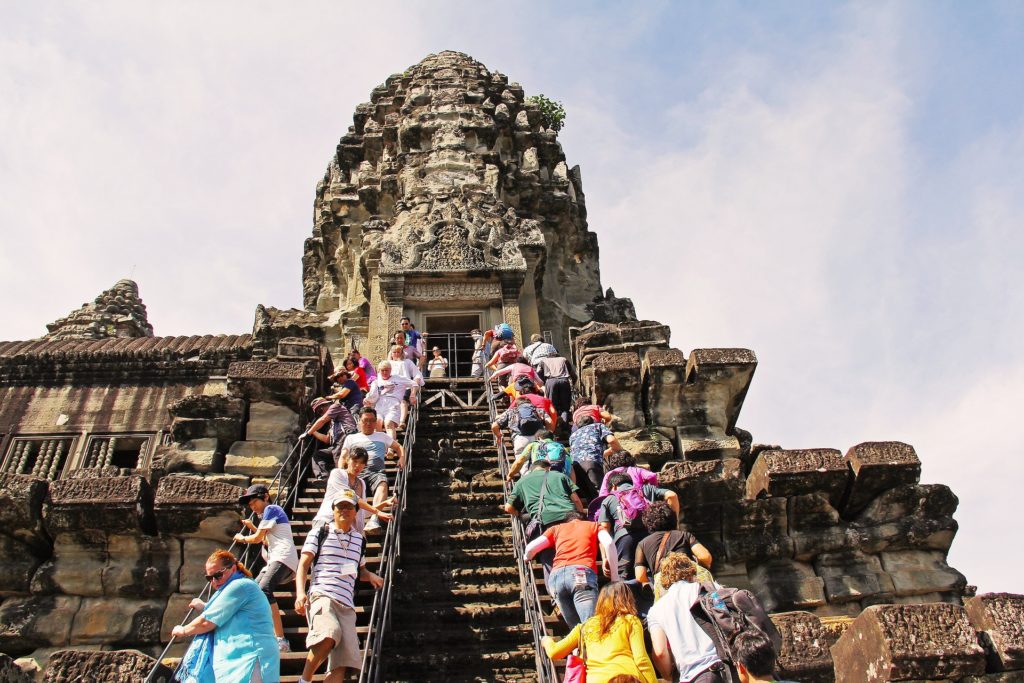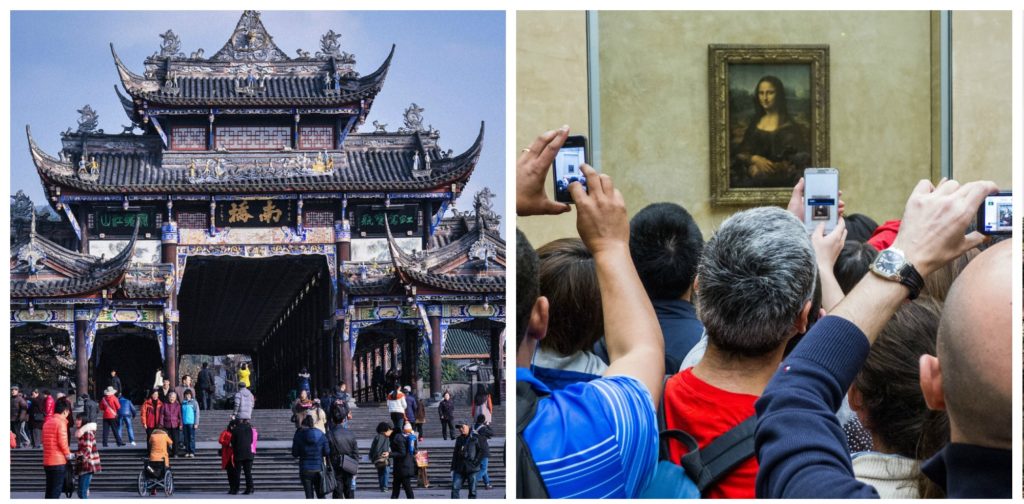
UNWTO predicts international tourism arrivals will surge to 1.8 billion by the end of 2030. While that should mean all of us in the travel industry must rejoice, I can’t say so with the same confidence. And don’t get me wrong, I am all for prosperity of the travel and tourism sector but not without thinking: at what cost?
The perils of the overtourism led Maya Bay in Thailand to close last year while Boracay received a reboot after a lengthy closure itself. With excessive tourism and more so unsustainable tourism on the rise, the need for forming a World Tourism Association for Culture and Heritage (WTACH) was inevitable.
Established with clear goals for the protection of cultural heritage, through responsible and sustainable tourism practices, it aims to work in collaboration with public, private and specialist academic sector organisations. A community of like-minded organisations and individuals, WTACH “seeks to ensure that the unique attributes, history and cultural values of the world’s communities are celebrated and preserved for generations to come”.
Need of the hour
The creation of WTACH comes at a time when the UNWTO reports that international tourism arrivals hit 1.4 billion in 2018, two years ahead of its previous forecast of 2020. The global economy grew by 3.7% in 2018, according to UNWTO, propelling international tourism arrivals growth to 6% for the year.
In September 2018, UNESCO too launched the first-ever web platform dedicated to World Heritage and sustainable travel in collaboration with the European Union and National Geographic.

The brainchild of its founder and CEO, Chris Flynn, a former director for the Pacific region at the Pacific Asia Travel Association (PATA), a role he held for 15 years; WTACH will promote ethical practices and better management relating to culture and heritage destinations that are now buckling due to unrestricted visitor growth. It will also encourage the implementation of sustainable practices at locations that are still in a honeymoon phase of tourism development.
“It’s time for the tourism industry to take a step back and look at the long term impact of its decision making,” said Flynn.
To advance its agenda, WTACH has been launched with 15 specialist advisors from diverse backgrounds relating to the culture and heritage tourism sector. They will work with destinations that need help now or want to put plans in place before running into trouble. Tourism meltdown locations.
Tourism touch points

Carolyn Childs, CEO of MyTravelResearch.com, and a member of the WTACH advisory specialising in analysing data and trends, said: “A unique image can ‘create’ a destination in moments – often leaving it unprepared or wrong-footed,” said Childs. “This is particularly true if the image runs counter to cultural values. It risks tourism losing its ‘social licence’ with host communities. Ironically, these ‘insta-destinations’ risk destroying the very thing travellers are seeking,” she warned.
The desire for ‘authenticity’ in travel is also problematic. Childs cites an AirBnB survey which found that over 80% of millennial travellers (and 93% of Chinese millennials) seek a “unique” experience and want to “live like locals” while on holiday.
She feels this ups the pressure on destinations and tour operators to find and monetise ‘unique’ and ‘authentic’ experiences as both millennial and mature travellers work through their ‘been there done that’ bucket lists.
And thus stresses the need for “right frameworks to help communities and tourists”. WTACH believes that destinations should no longer make arrival numbers their holy grail. It is worth mentioning, Turkey’s recent bid to expand tourism arrivals from 40 million in 2018 to 70 million by 2023 – less than four years away, and the deeper concerns and questions it raises.
“What interpretive and cultural safeguards have been put in place?” asks Flynn. “Have local communities been consulted? Is there an actual plan that involves a holistic government approach and key stakeholder and community engagement?”



 share
share






































